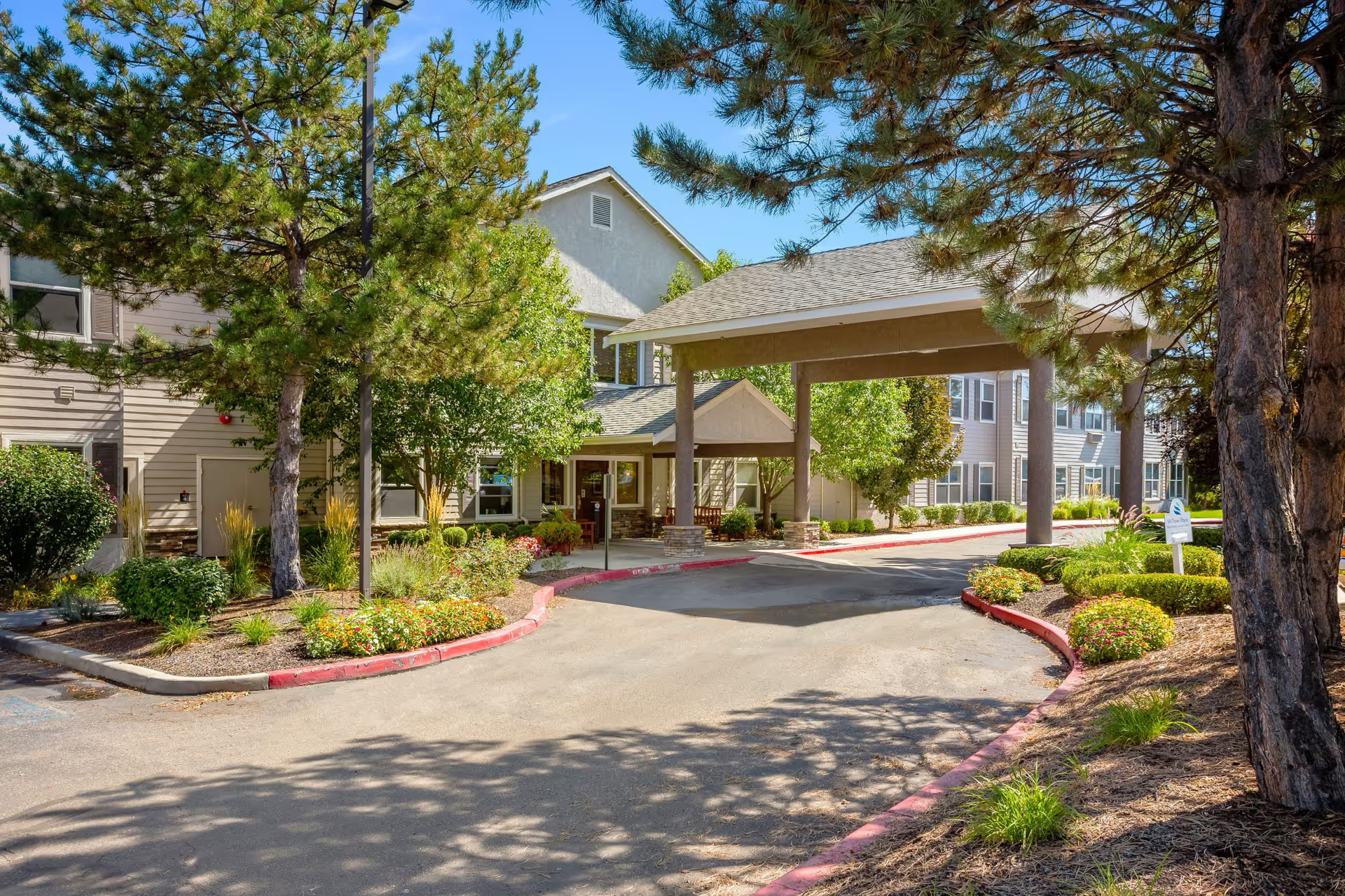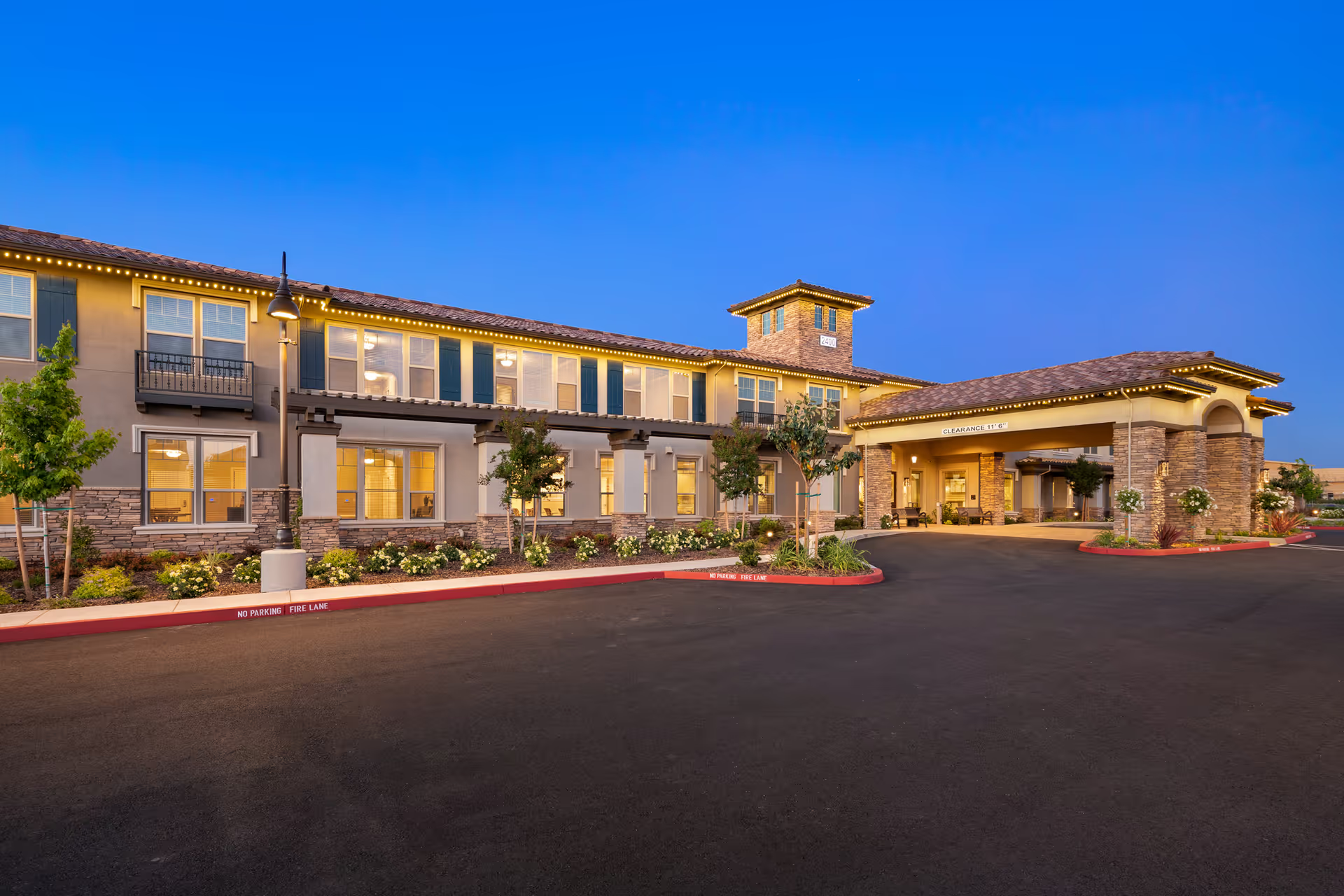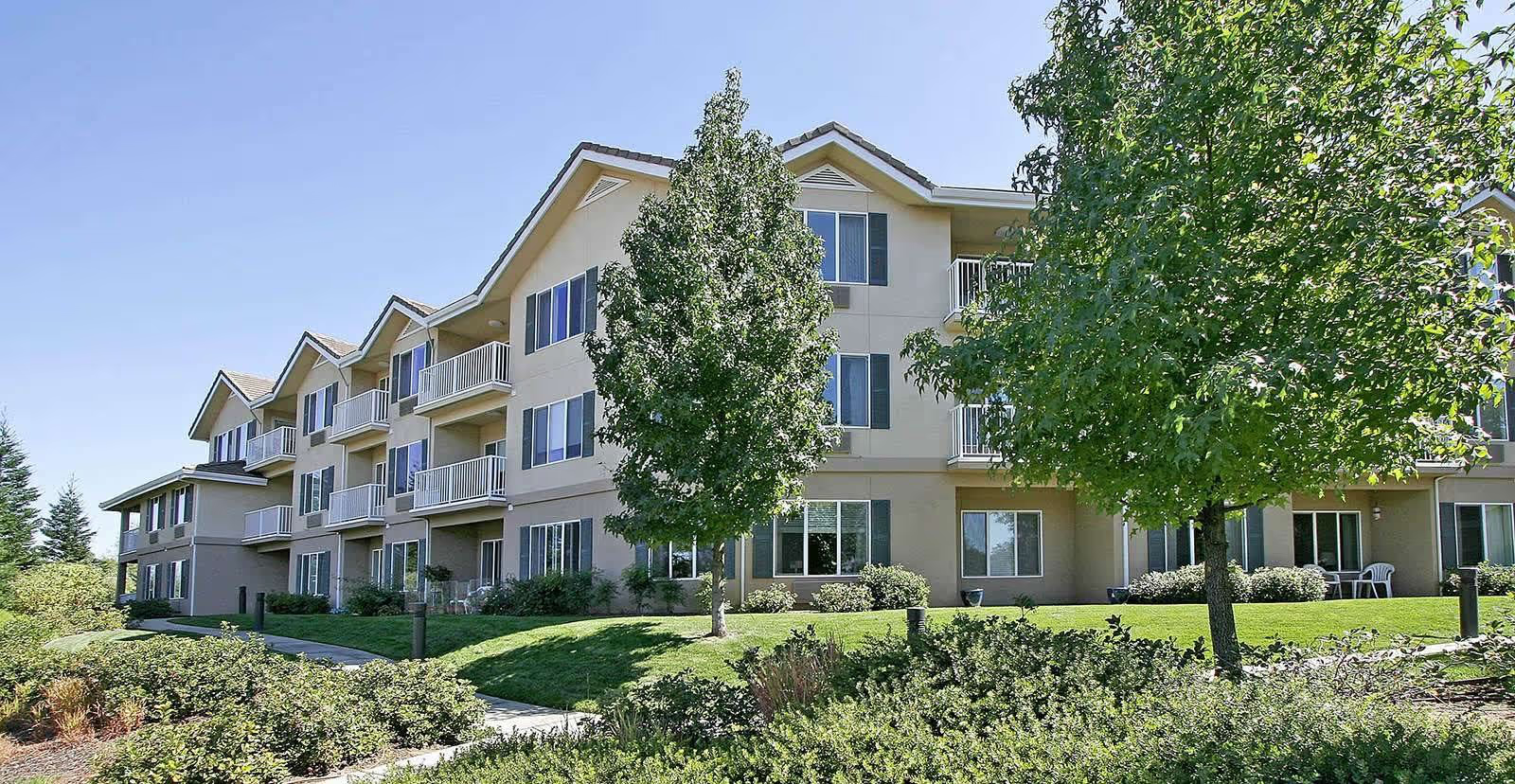Overall sentiment in the reviews for Sapphire at Cedar Crossings is highly mixed but leans toward negative when aggregated. Many reviewers praise individual caregivers—nurses, CNAs, therapists, and certain support staff—who are described as compassionate, attentive, and skilled. Specific employees (Tracey, Nikki, Maggie) and teams (therapy, certain kitchen/housekeeping staff) were repeatedly called out for positive, hands-on help. Some families reported successful short-term rehab outcomes, effective OT/PT services, and emotionally supportive nursing care that made residents feel comfortable. A subset of reviews also notes organizational improvements after leadership changes (new Administrator, Director of Nursing, and Resident Care Managers) with some measurable improvements such as better call-light response or more engaged therapy services.
However, the dominant themes are problems with management, reliability, and basic care processes. Many reviews describe unresponsiveness (phones not answered, call lights ignored for long periods), high staff turnover, and apparent short-staffing that resulted in delayed or missed care. Examples include long waits for showers, CNAs found asleep, delayed medication administration (including insulin and hospice comfort meds), halted or minimal therapy, and inconsistent attention to hygiene (infrequent bathing, unshaven beard, filthy nails). Several reviewers reported laundry mishandling—lost clothing or dirty/incorrect items returned—which compounds perceptions of neglect. Multiple accounts also allege serious lapses in pain management and hospice protocol adherence, with reports that ordered comfort medications were not delivered timely.
Dining, dietary accommodations, and nutrition emerged as recurring complaints. Descriptions of "terrible meals," failure to accommodate allergies or dietary requests, and weight loss related to dietary issues were cited. Complementary to this, reviewers described the facility as dated and sometimes sterile or hospital-like, with shared rooms and privacy concerns (hospital curtains), and cleanliness or amenity shortfalls in some rooms. While some families noted housekeeping and kitchen staff who "went out of their way," others detailed inconsistent housekeeping and lost items, creating a variable resident experience.
Communication and administrative accountability are major areas of concern. Families frequently reported difficulty reaching management or getting clear, timely answers; instances of blame-shifting between departments; slow completion of care plans (example: care plan delayed eight days after admission); and a perceived priority on occupancy and billing rather than individualized care. Several reviewers expressed suspicion about billing practices, overcharging, or insurance mishandling; a few even alleged possible insurance-related misconduct. At least one review referenced state involvement, indicating regulatory complaints or inspections by authorities. These administrative failures often forced families to remain at the facility long hours to ensure basic needs were met.
There is a notable pattern of variability: many reviews praise direct-care staff while criticizing leadership and operations. This bifurcation suggests the facility contains skilled, compassionate frontline employees constrained by systemic issues—staffing shortages, training gaps, poor oversight, and administrative dysfunction. Several reviewers report that after leadership changes some operational metrics (call-light response, therapy engagement) improved, indicating that management turnover can materially affect care quality.
Safety and outcome concerns are also present. Reports of medication timing errors (including insulin), failure to provide hospice comfort measures promptly, and discharge or transition problems (residents returned home incontinent, messy discharge handling) are serious. A few accounts describe extremely poor experiences resulting in resident death shortly after hospice or discharge, which families attribute to neglect or inadequate management. These allegations underscore a risk profile that families must weigh carefully, particularly for residents with high medical needs or who are bedbound.
In summary, Sapphire at Cedar Crossings appears to deliver uneven care: notable strengths are the compassion and skill of many nurses, CNAs, and therapists, and available rehab/hospice services. The facility’s weaknesses center on managerial oversight, staffing consistency, communication, medication and hygiene management, laundry and dietary processes, and administrative integrity. Prospective families should ask specific, verifiable questions about staffing ratios, medication administration protocols (especially insulin and hospice meds), laundry processes, dietary accommodations, and escalation/contact procedures for managers. Also consider whether recent leadership changes have produced sustained improvements. If a resident’s needs are high (bedbound, hospice, insulin-dependent, significant mobility or swallowing issues), these reviews suggest careful vetting and ongoing family engagement would be essential to ensure safe, consistent care.







